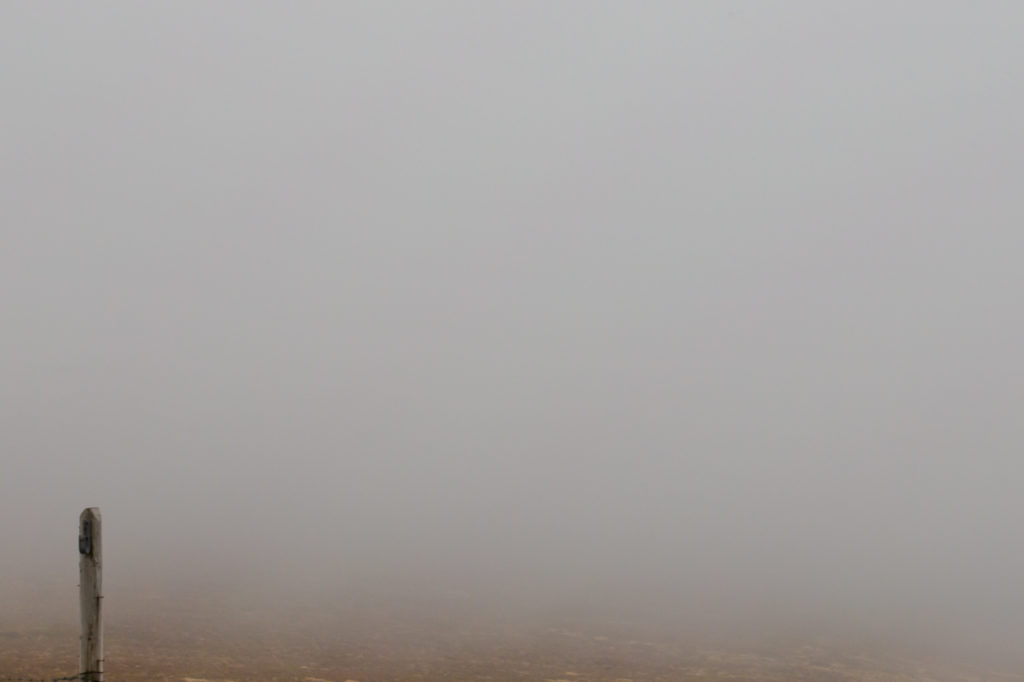Random
‘Societies becoming software civilisation’ is the string of words that I got from a spreadsheet I made this morning. I took ten sentences from a book and typed them into a spreadsheet. I devised a formula to randomly select one word from each sentence. With the resulting ten words, I used a random number generator to select the number of sequential words that I should grab from the arbitrary, nonsensical list. Four was the magic number, four contiguous words from ten. I purposely biased the experiment by choosing the sequential four that made some sense to me. ‘Societies becoming software civilisation’ was my reward for creating the word list in the first place.

Post discovery.
The outcome that ‘societies become software civilisation’ depended on my choice of book. I’m not sure society is ready for me to reveal my chosen tome to civilisation. Plagiarism detection software is becoming increasingly effective and my recycling the words of others might be frowned upon.
Plagiarism
In her defence of an accusation that she plagiarised earlier work, Helen Keller wrote ‘I cannot be quite sure of the boundary line between my ideas and those I find in books’.
Mark Twain supported her, writing that ‘substantially all ideas are second hand, consciously or unconsciously drawn from a million outside sources and daily use by the garnerer with a pride and satisfaction born of the superstition that he originated them’.
Time moves on, ideas are refined and standards are clarified. Martin Amis had reason to write that ‘the psychology of plagiarism is fascinatingly perverse. It risks, or invites, a deep shame and there must be something of the death wish in it.’
Or such is the narrative in the intriguing article 12 Literary Plagiarism Scandals, Ranked by Emily Temple.
Reveal
‘Societies becoming software civilisation’ was sandwiched between ‘affect for only’ and ‘string fundamentally at’. I erased them but in admitting their erasure, I revealed them. But I don’t think the source of my ten words is revealed. Nor do I intend to reveal it. I don’t think anyone could claim that my way of grabbing ten words is in any way derivative of the book. I don’t reveal when I check spelling or meaning or etymology in the Oxford Dictionary, nor admit to my use of Roget’s Thesaurus.
The thought experiment that created the spreadsheet came about because I was introduced to the poetry of erasure recently. I’m still enjoying the novelty (to me) of the idea. You could for example, take any redacted document and make the remaining words tell a story. There are many forms and methods but for the moment, my experiment is all I have. Other than a bag of words collected from newspapers (Three Words).
That’s because I had never thought that redacted letters to prisoners are a form of torture. I don’t mean accidental deprivation. I mean that while redacting the sensitive information, it is easy to slip into psychological cruelty. By excluding the mundane, the personal, the expressions of love and support, cruel censors are withholding comfort, taunting inmates and at the same time, sowing doubt in the minds of the imprisoned. Isn’t it an abuse of power as much as anything else?
Erasure
Blackout poetry is another name for the poetry of erasure.
Solmaz Sharif is one of the poets you might find as interesting as I have. ‘Studies show to negate something is to think it anyway’. ¹
‘Erasure may well be the closest poetry in English has gotten to role of the state.’ ²
Euphemism becomes the glossary for the normalisation of violence: ‘permanent echo’ becomes soldier speak for a building. Look is the title she used in 2016 for a poetry collection.
‘It matters what you call a thing’.³
‘Look’ doesn’t mean what you might think. It’s American military speak related to the viability of landmines.
I am also minded of the poetry of a soldier, Brian Turner, whose experiences you might know as The Hurt Locker.
‘and any one of them
may dance over your body tomorrow.’ ⁴
Discovery
Meanwhile, my computer is running hot as my screensaver is folding@home to assess the viability of simulation-based computational protein design. It must be a tough problem, given the unusual activity on my desk that has earned 2,000,000 points while folding.
- Social Skills Training By Solmaz Sharif in BuzzFeed or she’s reading here
- Solmaz Sharif in Evening Will Come: A Monthly Journal Of Poetics (Issue 28, April 2013—Erasure Issue)
- Solmaz Sharif reading Look in UC Berkley
- What Every Soldier Should Know by Brian Turner in Here, Bullet (2005).

Leave a Reply